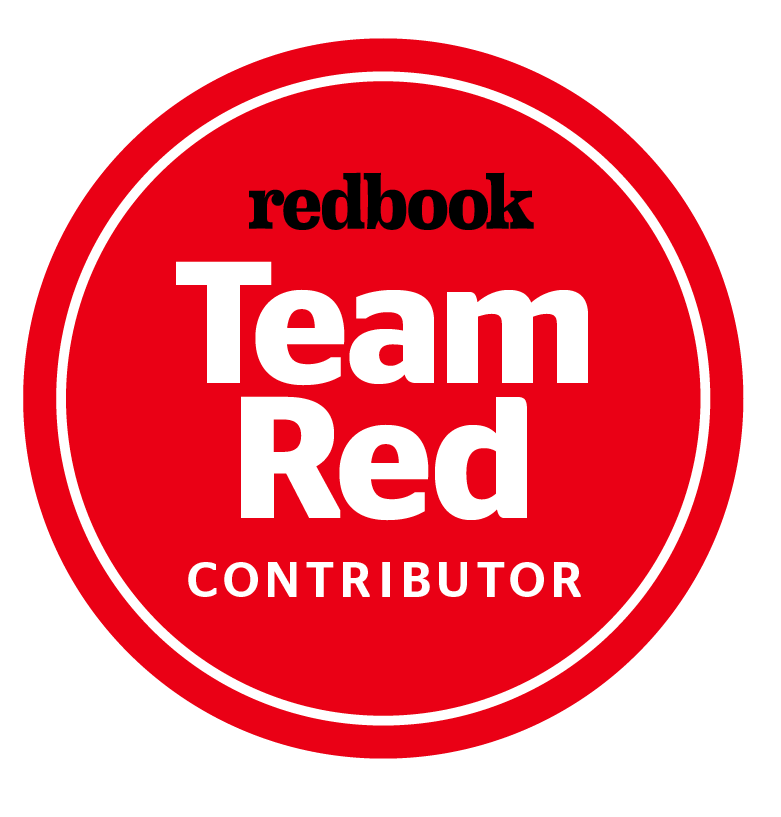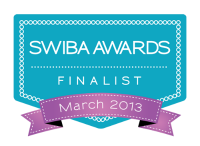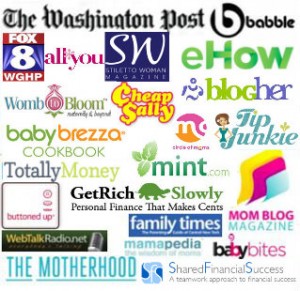This is a guest post from a new blogging friend of mine and I hope you enjoy it! If you have any follow-up questions please feel free to contact me.
So there it sits looming in front of you in all its glory and confusion and frustration. It seems an impossible feat to not only read, but actually understand the Bible. Sure it’s intimidating. But it’s also inspiring and filled with hope and love and promise of a future beyond the realm of our mortal minds.
You don’t have to go it alone though. There are a lot of resources to help you along your journey. I’m going to outline five tips to help make Bible study be a little less daunting.
But first, let’s get an understanding of what the Bible is. The Bible is a book that is written to you from God. There’s the Old Testament which explains the creation of the universe and everything in it, including you and me, God’s law and history. Then there’s the New Testament which discusses in great detail the life of Jesus, His sacrifice and promise to us.
It’s important to understand though that the Bible isn’t one book, but a collection of 66 books that were written by various people {inspired by God} throught various periods in history. It is not arranged in chronological order either, but rather grouped by type of book, such as the gospels, psalms and letters from the apostles. You can see the various types of books that make up the Bible and also get an overview of each book here. Want to dip your toe in a little more? Visit Christianity Today to get a deeper understanding of the messages within each book.
Now for a few tips.
Get an easy-to-understand study Bible. Trying to understand the messages in the Bible is hard enough without trying to decipher an older version of English. There are many, many translations of the Bible and everyone has their opinion of which is best. I prefer the New International Version (NIV) Life Application Study Bible, which is actually the best-selling English version. Not only is it written in more modern English, there are timelines, an introduction to each book, bios of key people and lots and lots of footnotes that explains the verses in a little more depth. You can see a list of more Bible versions here.
Work in small steps. You could start at the beginning and just read cover to cover, and while your head probably won’t explode, this isn’t a great way to fully process and truly appreciate the Bible your first time through. The NIV Study Bible has a 365-day reading plan in the back. It takes you through the Bible in a more chronological order by grouping verses and chapters that pertain to each other and although you won’t go through every single verse in a year, you will get a great overview of the entire Bible.
Start with the New Testament. Written by those who lived alongside Jesus, the New Testament talks about the life and teachings of Jesus, rather than the history of Israel. Don’t get me wrong, the Old Testament is important, but the New Testament is a much easier read.
Find a study partner. If you don’t have a friend or family member who’s willing to study with you, there are plenty of groups online and in your Church where you can bounce ideas off each other, try to make sense of certain sections or just talk about how the Bible translates into this modern world. {Embracing Beauty recommends Good Morning Girls}
There you have it. Four tips that will get you well on your way to studying and actually comprehending the Bible in no time. Remember, it’s a journey and there’s no finish line. Studying the Bible can be a lifelong process that opens you up to a new meanings each time you take on a different journey in your own life. It’s there to uplift you and give you comfort in times of need, give you understanding in times of confusion and hope in times of despair. God wants a relationship with you, reading His Word is a great way to get to know Him!
PR strategist turned stay-at-home mommy blogger, Momma on the Rocks now spends her days changing diapers, wiping boogies and blogging about motherhood, including recipes for the lazy, money and time-saving ideas, and product and book reviews. You can find more of her antics on Facebook and Twitter.













Nice Blog Post. Praise Him, Praise his Holy Name, Jesus Christ Lord and Savior who freely gives eternal life to all who ask
Good tips! Although in my opinion, the older KJV has more beautiful phrasing, especially if you plan to memorize verses. Sure, a few old fashioned words, but not extremely hard to figure out. 🙂
Another tip that has helped me is to keep a journal – after you’re done reading a small section, jot down anything you liked, questions, connections to your life, etc. Even just writing down part of a verse you liked each day keeps you motivated to keep reading!
The KJV is still my favorite too, followed closely by the ESV. A journal is a great tip too! I know a lot of people who benefit from keeping a “Quiet Time” journal. Thank you for sharing!
Loved the post! I’ve read the bible cover-to-cover, some New and Old Testament every day and I even began with the New and finished with the Old. Last year I was introduced to the “chronological” way to read the bible. The list gives you what to read each day. I really liked this, so I’m continuing with it this year. It’s amazing how many stories are duplicated in the bible… from different perspectives. It makes me remember the various stories better, as they are ingrained into my memory from the multiple tellings of the same story. And, it’s easier to follow when everything is put in a chronological order… at least for me anyway 🙂 I do admit though, there’s a lot of jumping back and forth between the different books of the Bible when reading this way… but I love it! I also thought the quiet journal is an amazing way to not 0nly chronicle your readings but also as a bit of a diary for yourself 🙂 Thanks for sharing this!
Thank’s for all the tip’s. Can’t wait to get started.